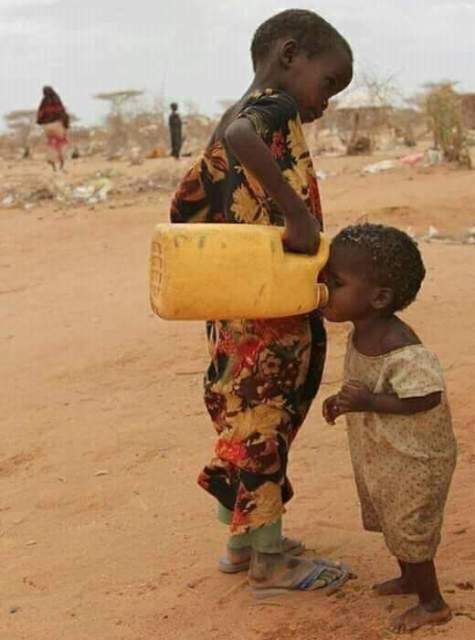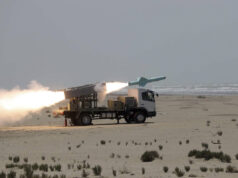
Ismail Mohamed Shangolow used to keep livestock and grow crops on his six-hectare farm in Afmadow, in southern Somalia’s Lower Juba region. But following consecutive failed rains, he has been reduced to working as a middleman in a local livestock market trying to scrape together a living for his family.
“I help relatives bringing their livestock to the market to make a sale. If they sell animals, I ask them to give me something. I have no livelihood any more to support my family,” Ismail told Radio Ergo.
If he is lucky, he can make $5-6 a day, which cannot compare to the earnings he made from his maize, millet, and beans when the rain-fed harvests were good.
He has felt the humiliation of losing his livelihood. In August, five of his children including one in secondary school were sent home because the school fees had not been paid. He could not raise the $57 a month for their education with such a menial job.
His pleas to the school administration to be able to pay later were not heeded. The family’s last 20 bags of beans and maize saved from the last harvest they had were finished in May.
“I have no more cattle and no relatives abroad. All I was depending on was what I got from my farm. In recent years, farm production has become very hard,” Ismail said.
Adar Hussein Ahmed, a mother of six, grew vegetables and other crops on her farm until last year when everything failed. The family is now living on the food they were given by a kind neighbour earlier this month.
“I received 25kg of sugar, rice, flour, and three litres of oil,” Adar said. “I used to grow my own green peppers, tomatoes, and maize during the rainy season. After harvesting we always had something to survive on, I used to sell some and keep some food for our own consumption.”
Khalif Ali Sahil, an agro-pastoralist, has only 40 goats left and fears he might have to sell them one by one to keep the family alive. Over the last month alone, he as sold five goats to support his family. He can no longer afford the school fees of $74 per month for his six children.
“When I harvested from my own farm, my children used to have three meals a day. Now they only get breakfast and supper,” Khalif said wistfully.
Raghe Mohamed Hassan, a representative of Jubbaland’s agriculture ministry in Afmadow, described farmers in the town as in a desperate situation after consecutive failed rains. A stream flowing from neighbouring Kenya has also dried up due to drought across the border.
“People planted their farms and when the crops were at mid-level, they shrivelled up becoming like dried grass. The farms failed and the farmers faced food shortage. People are turning to menial work like portering, some have started work on construction sites and others are jobless,” he said.
Raghe said the ministry has requested aid agencies to help with seeds for planting next season, as well as cash and agricultural inputs.
According to Afmadow Farmers’ Association, over 600 farmers in the town have been affected by the drought.





